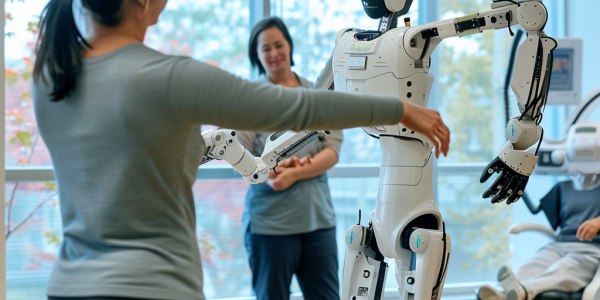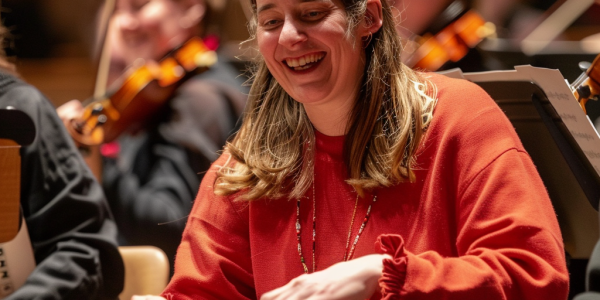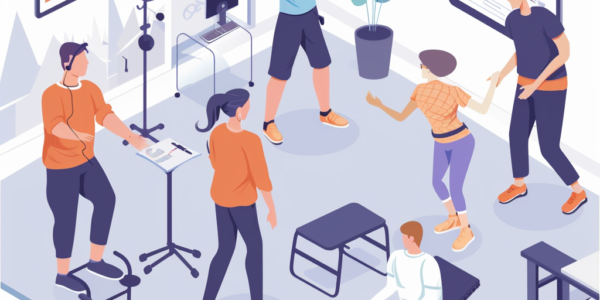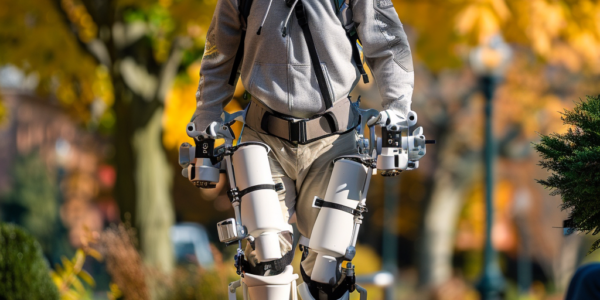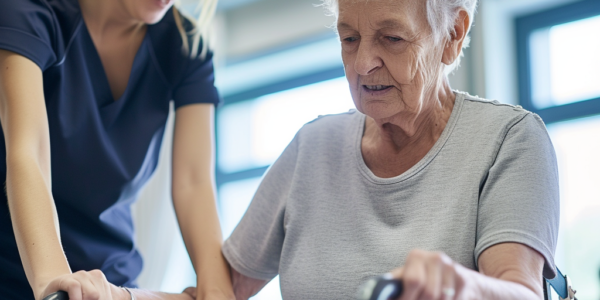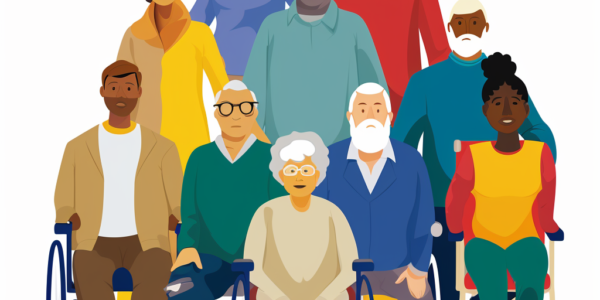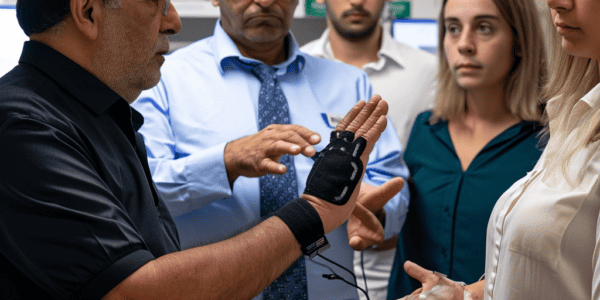Rehabilitation Robots: Modest Benefits and Future Potential in Stroke Recovery
A recent meta-analysis reveals the modest effectiveness of rehabilitation robots in post-stroke recovery, showing only a 3% increase in upper extremity strength among patients. While robotic systems offer some benefits, particularly for early-stage recovery, their overall impact may not significantly enhance daily functioning. The study highlights the need for further research and innovation in rehabilitation robotics, especially with emerging technologies like brain-machine interfaces.
Strokestra: Musical Healing Program Launched by AdventHealth in Central Florida
Discover how AdventHealth’s ‘Strokestra’ program in Central Florida is using the power of music to help stroke patients in their healing journey. With musicians from the London Royal Philharmonic Orchestra collaborating with survivors, the program offers a unique and therapeutic approach to recovery. Learn how stroke survivor Jenni Moore found solace and joy in playing the xylophone, emphasizing the positive impact of music on her healing process.
UBC Okanagan Researchers Investigate New Ways to Help Stroke Survivors Recover Lower Body Movement
University of British Columbia Okanagan researchers are investigating new ways to help stroke survivors recover movement in their lower body, from hips to feet. Virtual rehab and self-management can enhance care continuity for patients returning to their communities and boost their overall quality of life.
Groundbreaking Robotic Hip Exoskeleton for Stroke Recovery
A recent study by the University of Massachusetts Amherst introduces a portable robotic hip exoskeleton designed to improve walking function in stroke survivors. With over 80% of stroke patients experiencing walking difficulties, this innovation holds promise in significantly enhancing their daily lives and overall quality of life. The research highlights the potential of the robotic hip exoskeleton to effectively train individuals to modify their walking asymmetry, offering a new avenue for stroke rehabilitation.
Nerve Stimulation and Rehabilitation Therapy Show Promise in Stroke Recovery
Nerve stimulation combined with intense physical rehabilitation has shown promising results in helping stroke survivors regain movement in their arms and hands, according to a study presented at the American Stroke Association’s International Stroke Conference 2024. The research, conducted by…
Study Links Living in Poor Neighborhoods to Worse Stroke Recovery
Living in poor neighborhoods has been found to be linked to worse stroke recovery, according to a preliminary study to be presented at the American Stroke Association’s International Stroke Conference 2024. The study revealed that stroke survivors living in areas…
New Smart Glove Technology Aids Stroke Patients in Recovery
The University of British ColumbiaUBC SearchUBC NewsHomeNews TipsArts & HumanitiesBusiness, Law & SocietyScience, Health & TechnologyUniversity NewsContactsServicesUBC electrical and computer engineering professor Dr. Peyman Servati demonstrating the smart glove. Photo credit: Lou Bosshart/UBC Media RelationsClick to share on Twitter (Opens…

